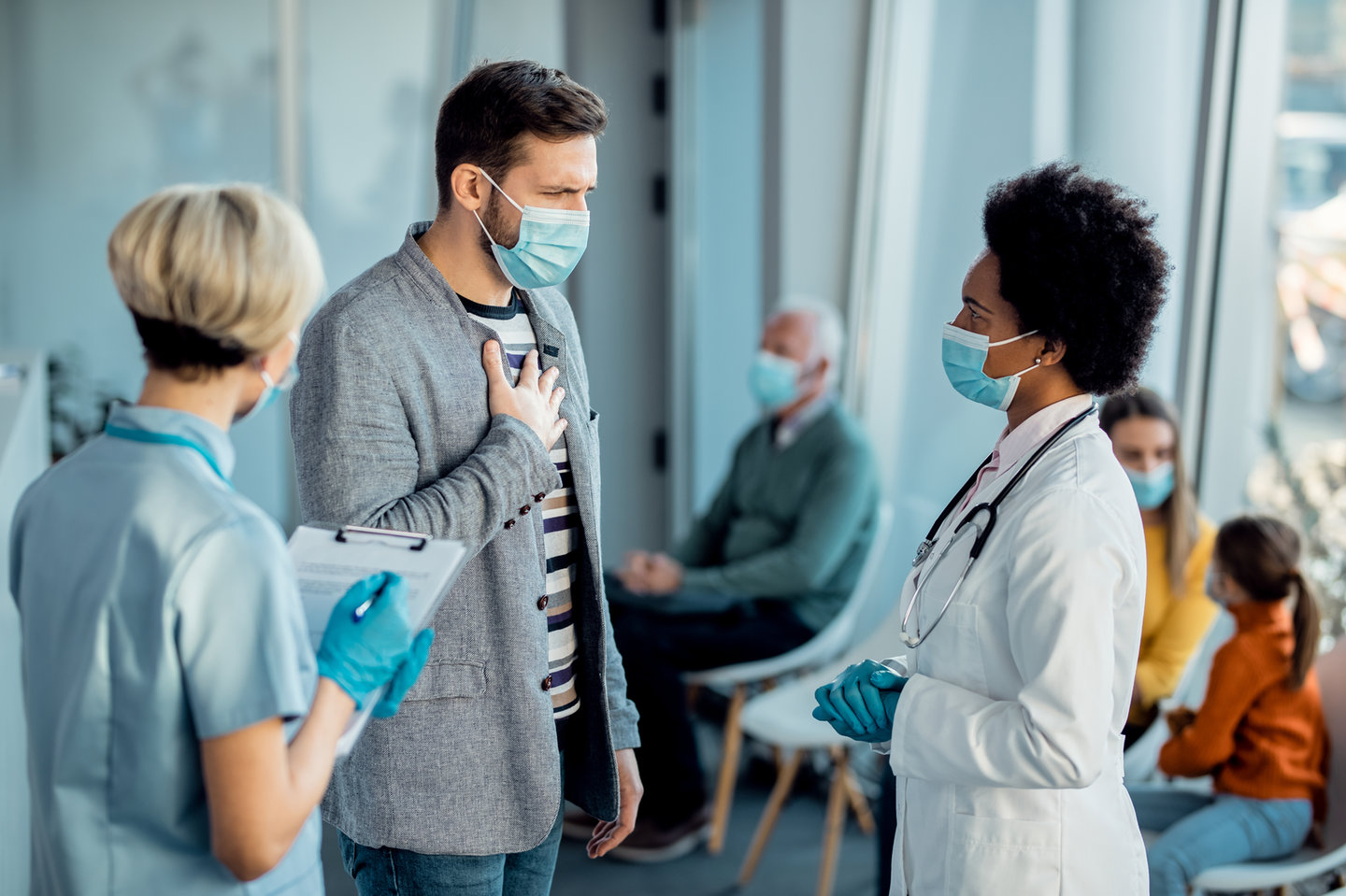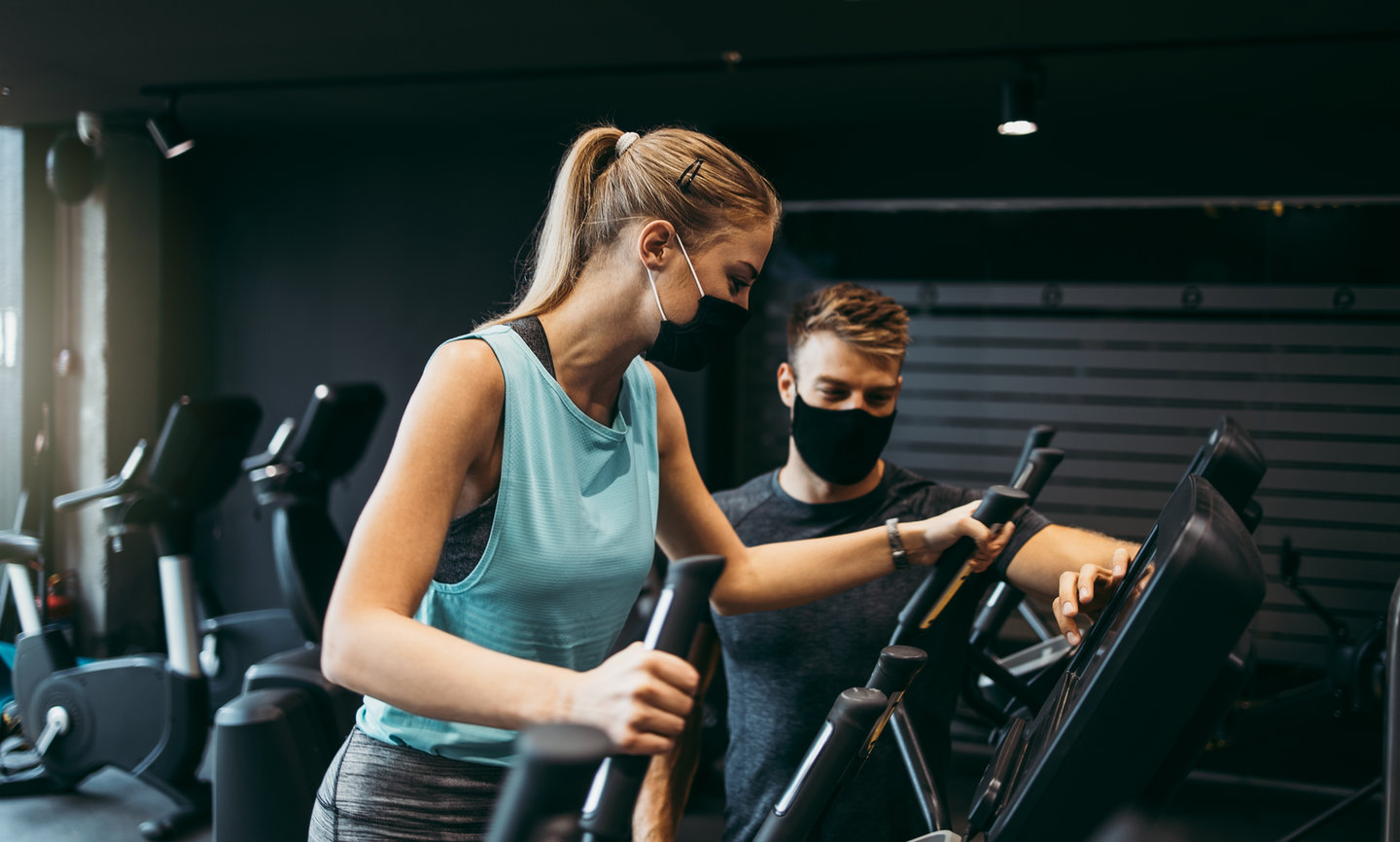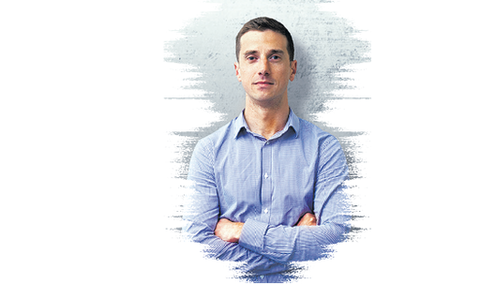
Getting back
out there
At the time of writing this article, mass-participation cycling events have resumed and the second half of 2021 is starting to look quite crowded with events like the Attakwas, Cape Pioneer and the Cape Epic all scheduled to happen in the latter months of 2021. The prospect of some races ACTUALLY happening means that many of us will return to structured training in order to prepare for the demands of these events. Unfortunately, the resumption of racing does not prevent us from contracting the COVID-19 virus and many cyclists may be returning to training following their recovery from the virus. In this article, I will summarise some of the recommendations for the return to sport after COVID-19 infection.

SEVERITY OF SYMPTOMS
It is highly recommended that before you return to training, you consult a physician, ideally a sports physician who will advise you if it is safe to train. A group of World-class sports physicians, including South Africa’s own Dr Jeroen Swart recently published an article in the British Medical Journal detailing their recommendations for the return to sport following COVID-19 infection. The article is open access and can be found here.
In the article, the authors identify numerous groups based on the severity of their COVID-19 symptoms (for the purpose of brevity, I have left out the first group, because they had no symptoms nor had they tested positive for COVID-19):
- Group 2: Individuals who tested positive for COVID-19 but have no symptoms.
- Group 3: Individuals who tested positive for COVID-19, but only presented with MILD symptoms and did not need to be hospitalized.
- Group 4: Individuals who tested positive for COVID-19 and required hospitalization because of a higher risk profile due to a pre-existing condition such as diabetes or hypertension.
- Group 5: Individuals who tested positive for COVID-19 and presented with severe symptoms that required hospitalization (intensive care) but did not need to be ventilated.
- Group 6: Individuals who tested positive for COVID-19 and presented with severe symptoms that required hospitalization (intensive care) and required artificial ventilation.

If you have had COVID-19 in the last +18 months there is a good chance you fit into one of the groups listed above. The authors compiled recommendations for each of these groups to guide them on their return to sport.
- Group 2: Return to sport following a 14-day quarantine. It is recommended that the individual seek medical advice and the examinations should include:
- Medical history
- Physical examination
- 12-channel ECG
- lung function assessment
- ECG stress test
- Echocardiography if required.
- Group 3: Return to sport following a 14-day quarantine AND a strict social-distancing for another 14 days. It is recommended that a medical examination be performed by a sport and exercise medicine physician and the examinations should include:
- Medical history
- Physical examination
- Blood test focused on critical markers
- Resting ECG
- Additional lung function assessment and stress test with ECG, blood gas analysis and spiro-ergometry
- Echocardiography are recommended if symptoms have involved respiratory or cardiac impairment
- Return to regular sport is possible 3–4 weeks after beginning of the symptoms under medical surveillance for 6 months after return to sport if any symptoms are present but not limiting return to sport.

- Group 4: Same procedure as for Group 3, but including:
- Compulsory ergometry with blood gas analysis and/or spiro-ergometry,
- Chest X-ray
- High-reslution CT scan of the chest in the most severe cases
- Cardiac examinations depending on medical history, symptoms and signs
- Return to sport will vary from 2 to 6 months depending on the severity
- Groups 5 and 6: After being discharged from hospital, it is recommended that you follow a rehabilitation programme:
- A complete pulmonary and cardiological examination is necessary
- Return to sport will be after several months
- Depending on the findings in heart rate, CT of the thorax and cardiac MRI examination in consultation with a respiratory physician and cardiologist, hospital discharge can take place
- A final medical check is mandatory prior to the resumption of training.
COVID-19 infections present very differently between individuals and it is vital that you are cleared by a physician prior to resuming your regular training. The long-term consequences of returning to training too early could be severe, so avoid the risk of having to sit on the side-lines for longer by getting yourself checked out first.

Benoit Capostagno currently works for Science to Sport in Cape Town. He is currently completing his PhD at the University of Cape Town and is investigating training adaptation and fatigue in cyclists.
For more info: www.sciencetosport.com/capetownlaboratory

BACK TO TOP